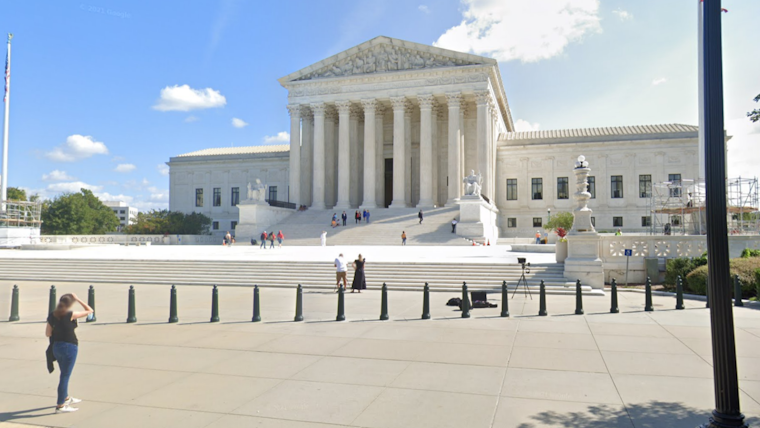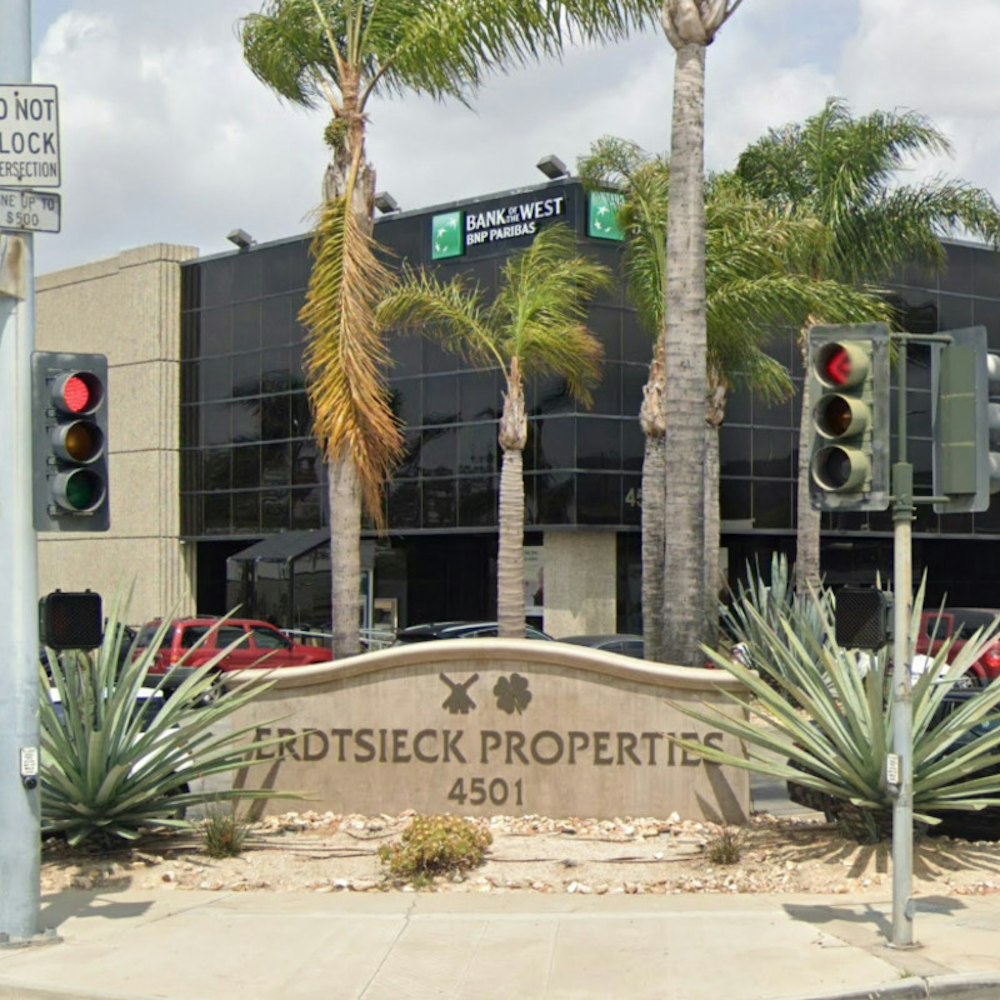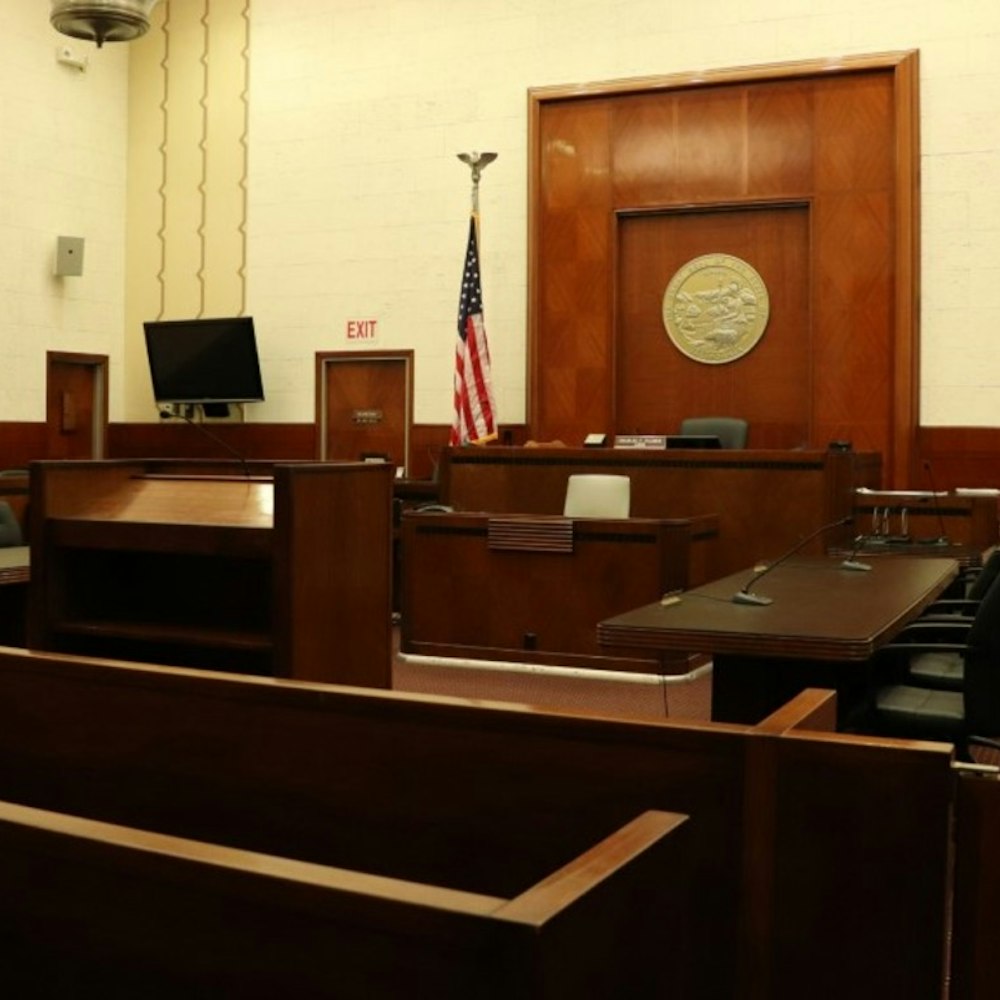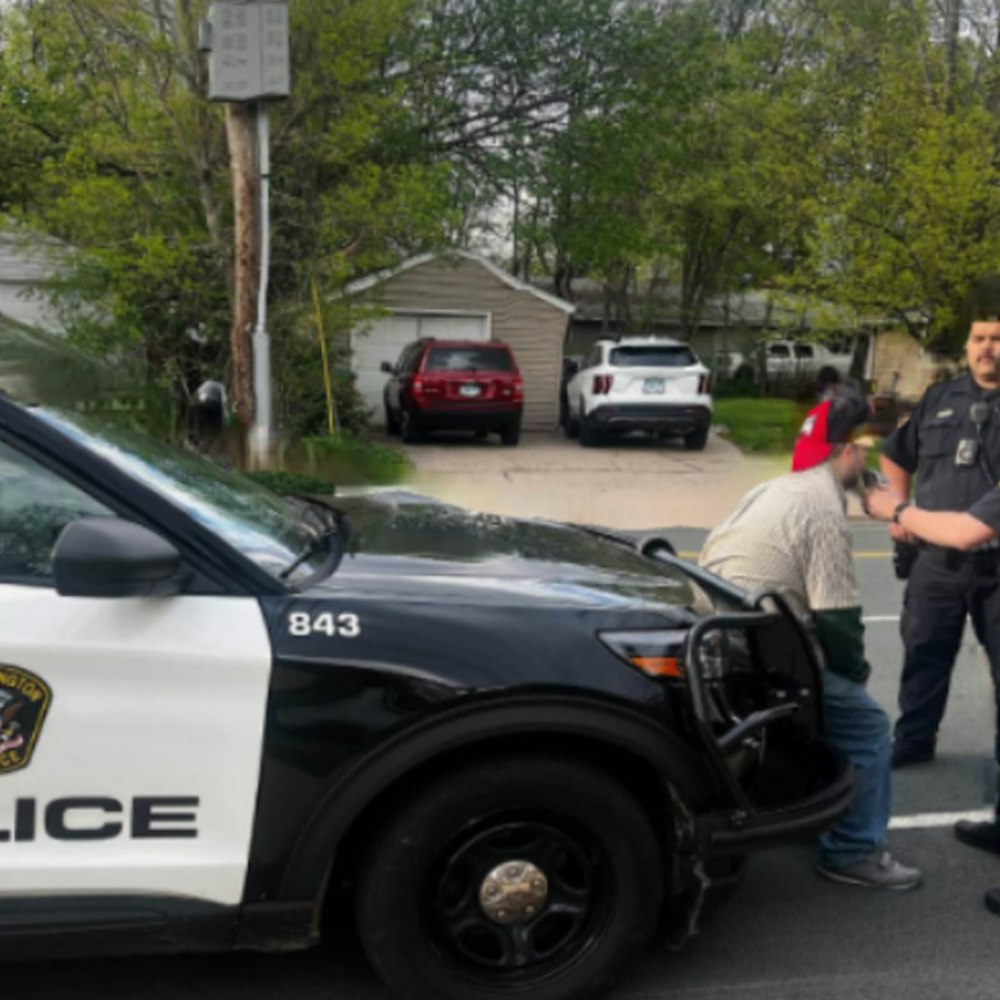
The plight of the homeless and the powers of city officials to enact change are set to collide at the highest level as the Supreme Court prepares to hear a case with massive implications for how cities, especially those in California, handle homeless encampments. At the heart of the legal battle is a Grants Pass, Oregon, case that challenges the ability of cities to criminalize sleeping on the streets when no alternative shelter is available, a question linked to the interpretation of the Eighth Amendment ban on cruel and unusual punishment.
The stakes are high and the topics controversial, with both liberal and conservative politicians united in their quest for more authority to manage these encampments, stepping up the urgency for a definitive ruling from the justices, which are set to opine by June. San Francisco, grappling with its homelessness crisis, has already spent $672 million on related services and housing this past fiscal year. Yet, according to SFist, it would require an additional $1.45 billion over three years to shelter the city's entire unhoused population.
This legal contention stems from the case of Martin v. Boise, where the Ninth Circuit Court of Appeals previously ruled in favor of homeless plaintiffs, deeming it unlawful to enforce anti-camping ordinances without available alternative shelter. The case, cited extensively by California cities in federal lawsuits following the implementation of local camping restrictions, set a precedent that has since been challenged by city officials across the Golden State and has prompted involvement from Governor Gavin Newsom. He expressed frustrations over the current restrictions. "California’s elected officials who seek in good faith to improve what often appears to be an intractable crisis have found themselves without options, forced to abandon efforts to make the spaces occupied by unhoused people safer for those within and near them," Newsom's administration wrote to the Supreme Court, as noted by Calmatters.
On the other side, homeless advocates warn that restricting public camping or pushing homeless people from place to place is detrimental. They argue that most cities lack adequate shelter beds, which will only exacerbate the issue of homelessness. Responding to city actions to clear encampments such as San Francisco's, Ed Johnson, director of litigation at the Oregon Law Center, emphasized the legal standing and past court precedent behind the actions of the homeless. "This case is not about a city’s ability to regulate or prohibit encampments,” Johnson told SFist, "That has always been permissible, is explicitly allowed under the Ninth Circuit’s ruling, and is not at issue here."
The case can potentially reshape homeless policy on the sidewalks and parks of the West Coast's biggest cities and across the entire nation. This moment before the court signifies the crossroads where compassion for the plight of the unhoused meets the rule of law, and the ultimate balance rests upon the forthcoming decision of the Supreme Court. As cities await the Court's verdict, the Ninth Circuit has already maintained an injunction on San Francisco's ability to clear homeless encampments, a ruling which, the city claims, allows for the removal of street camps so long as shelter offers are made.
-1.webp?w=1000&h=1000&fit=crop&crop:edges)








